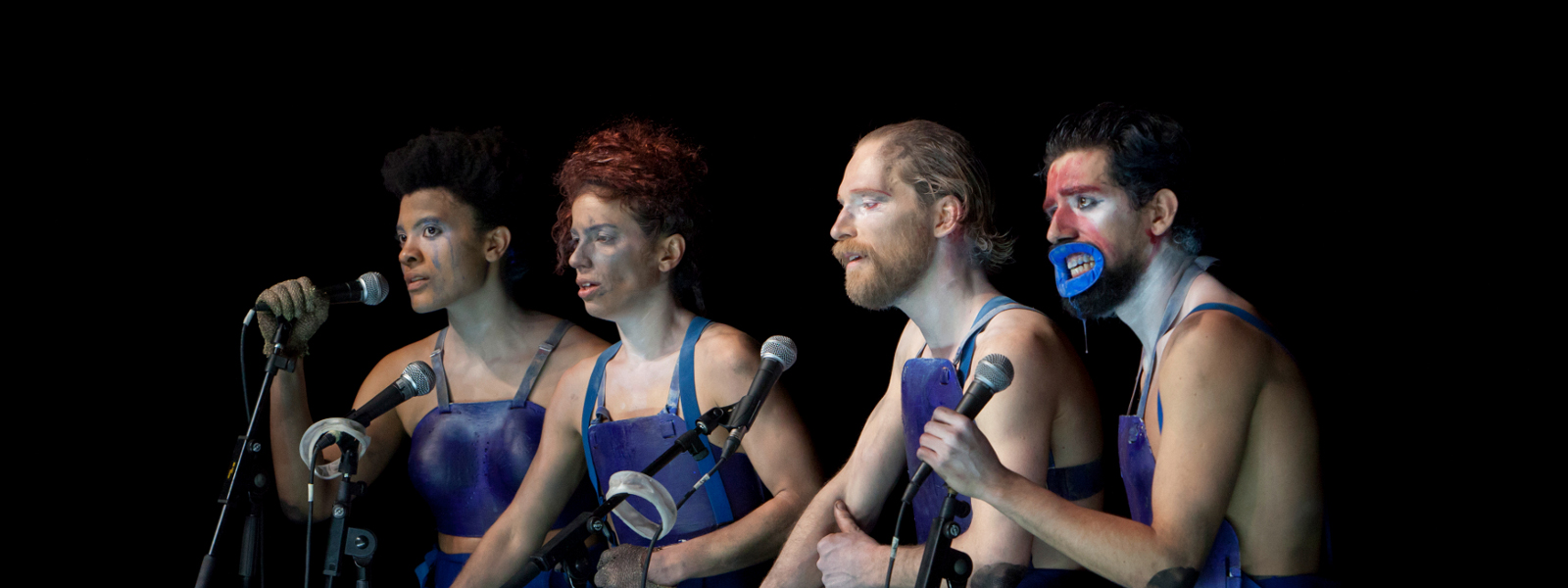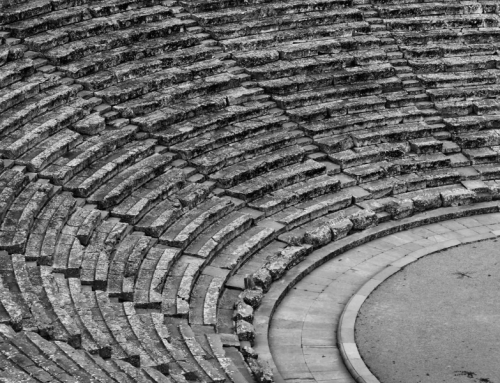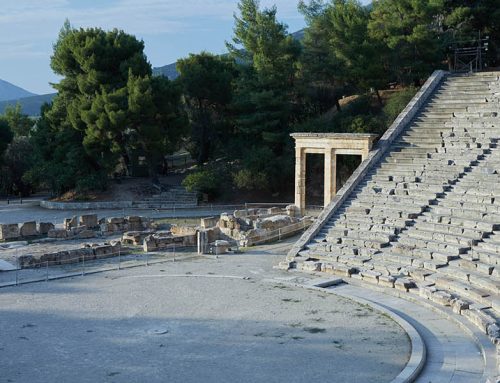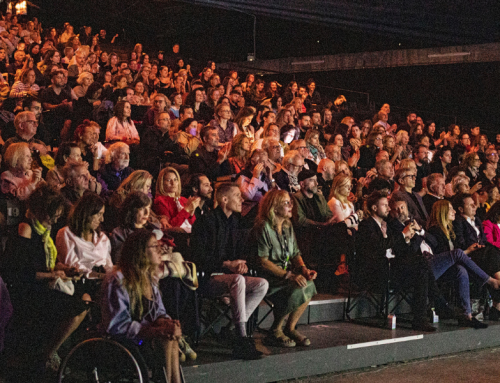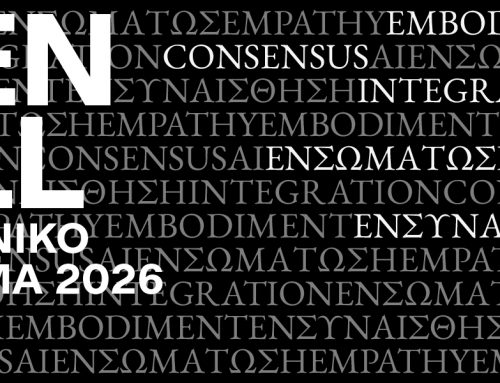Athens & Epidaurus Festival has great news to share: yesterday, choreographer Marlene Monteiro Freitas was awarded the 2018 Silver Lion for Dance at Venice Biennale!
Greek audiences were introduced to Marlene Monteiro Freitas and her group P.OR.K (Portugal/ Cape Verde) with the performance Bacchae: Prelude to a Purge, presented at Athens Festival 2017, at Peiraios 260. An Athens & Epidaurus Festival co-production, Bacchae was met with wild applause by audiences and critics alike. Athens Festival wholeheartedly supports the choreographer and her excellent work.
On the occasion of this major award, the Athens & Epidaurus Festival is proud to announce that Marlene Monteiro Freitas and her group P.OR.K will return to Athens for Athens Festival 2018, with the performance Of ivory and flesh – statues also suffer, to be held at Peiraios 260. The first production (2014) by the group, Of ivory and flesh – statues also suffer put Freitas on the map of contemporary dance and retains all those distinctive aspects which made Bacchae unlike anything you’ve ever seen: surrealism, tension, a subtle sense of humour, a sense of the uncanny and the unfamiliar. Of ivory and flesh – statues also suffer is performed by an ensemble of performers and percussionists and described by the choreographer as “a dance of petrified figures.” The performance is part of the network [DNA] Departures and Arrivals, funded by the Creative Europe Programme/ European Commission.
In its official statement regarding Freitas’ award, La Biennale di Venezia states the following:
“Considered one of the finest talents of her generation, Marlene Monteiro Freitas has been the surprise of recent seasons with her electrifying presence and the Dionysian power of her productions. Interested in ‘metamorphosis and deformation’ – possible echoes from the Carnival of her native Cape Verde – Freitas’ hybrids musically and joyfully blur the boundaries of the aesthetically correct. Working on the emotions rather than on the sense, the choreography opens the imagination and the self to its wild multiplicity.”



